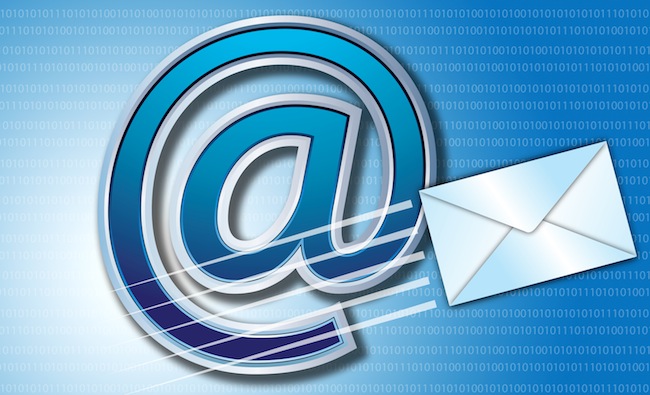What are the most cost-effective online marketing options for a small company?
Small companies usually have small budgets for online marketing — and believe it or not, this is a good thing. When a business has deep pockets, it becomes very easy to waste marketing dollars on poorly thought-out, sloppily executed campaigns. In contrast, a small business has to be a smart business when it comes to marketing, carefully evaluating the cost-benefit equation before pulling the trigger. Let’s take a look at cost-effectiveness for popular options.
Pay-Per-Click Advertising

Pay-per-click (PPC) advertising is extremely cost-effective in many situations — especially if your business sells a product or service online. PPC campaigns can be turned on and off quickly, have precise and controllable budgets, and can be easily measured. If the campaign is working, you can spend more or broaden the scope of the campaign. If the campaign isn’t working, you can shut it off immediately.
Two catches. First, PPC campaigns aimed at lead generation are a little harder to measure, since the ultimate sale is hard to track and can take a long time to occur. Second, it takes more than a few hundred dollars a month to run a cost-effective PPC campaign — you need a lot of clicks to generate enough conversions to pay for the campaign.
SEO
Search engine optimization (SEO) differs from PPC in that it takes months or years to bear fruit, and requires a steady, significant budget at all times. Whether SEO will be cost-effective in your situation requires a careful audit. If the competition is weak (that is, a poor organic presence on Google), and you can identify keywords with high volume and relevance, chances are excellent that SEO could generate a lot of conversions over time.
If you have a local business, such as a restaurant, HVAC company, etc., then a local SEO campaign could be extremely cost-effective. A very high percentage of Google searches have local buying intent, and with more people using mobile phones to search for products and services, local SEO is a terrific way to get your business in front of highly qualified prospects. A local SEO audit will help you determine the cost and payoff.

Email marketing’s standout quality for a small business is flexibility. Email can be used to generate leads and sales, build customer loyalty, introduce new products/services, and obtain customer feedback. In addition, email marketing usually only requires a minimal investment in a company information database — although managing your list of email leads will require more time than you think.
The key to successful email marketing is quality. Obviously, people are deluged with spam emails all day. If your email content has high value, customers and prospects will read it. However, if you don’t provide value, and if your emails are too frequent, you may end up losing customers and prospects.
Social Media
Social media has great appeal to small businesses because it requires very little (if any) investment to get started. But just because Facebook, Twitter, Pinterest and other platforms are free to join, don’t underestimate the time it will take to build an engaged social media community that helps you generate revenue.
For many small businesses, social media is nothing more than a time suck that does very little to generate sales or leads. Unless you have a very clear conversion strategy and are prepared to invest significant time (1-4 hours a week, at least), social media isn’t likely to help your business succeed all that much.
On the other hand, if your business is very visual in nature (home decorating, artwork, etc.), then an active presence on Instagram, Pinterest and other social media sites could attract a lot of attention. Visual consumer businesses do much better than average on social media.
Proceed Systematically
Ultimately, you’ll never know how cost-effective online marketing is for your business until you try it. The challenge is to spend enough to give yourself a valid test, but not so much as to break the bank. The nice thing about online marketing in general is that you can ramp up or ramp down campaigns quickly. Gradual increases in budget usually make more sense than going all in.
